How to Be a Good Mentor in the Workplace
Mentoring someone at work is a great way to share your knowledge for the benefit of another. But it’s not just about providing information, guidance, or training. Being a good mentor also involves supporting and understanding your mentee as they move forward on their career journey. If you’ve taken on the role of mentor in your workplace, here are some tips for making sure the experience is beneficial for both you and your mentee.
8 Ways to Become a Better Mentor
1. Set Expectations and Goals
Every mentoring relationship is unique. So it’s important that you and your mentee set expectations right from the start. You should discuss topics like:
- What the mentee expects from the relationship
- The mentee’s goals
- How often you should meet
- Resources you can provide
- How you will measure goal attainment
- Maintaining open and clear communication
- Creating agendas
One challenge we’ve seen in mentoring relationships is that the mentee begins to lean heavily on their mentor. Discussing how you each visualize the relationship will ensure that you find a common ground to work from.
2. Take a Genuine Interest in Your Mentee
The most effective mentoring relationships occur when the mentor takes an interest in the mentee both personally and professionally. By getting to know your mentee on a personal level, you will have a deeper understanding of who they are as a person, how they think, what makes them tick, what makes them happy. Building this stronger relationship will put you in a much better position when it comes to giving advice.
3. Communicate Effectively
The goal of mentoring is to put the mentee on a positive career trajectory. For that to happen, the relationship must be built on regular, open communication. That means that you should listen to your mentee, i.e., what they need, the struggles they are experiencing, the goals they want to achieve. You should encourage your mentee to ask questions, share their thoughts, and express their concerns. It is only through doing this that you will be able to support, guide, and encourage them.
3. Share Your Experiences
The best way to mentor is by sharing your own experiences along your career journey. By being open about your successes, challenges, and failures, you are building trust and letting your mentee know that the struggles they are facing are not unique. Your transparency can provide a fresh perspective and much needed encouragement.
5. Offer Constructive Advice and Celebrate Achievements
To help your mentee achieve their work aspirations, it’s important that you provide feedback – both positive and constructive. As a mentor, you should not judge your mentee, but you are expected to guide them, and sometimes that means offering a little constructive criticism. One of the best ways to do so is by sharing your own experiences as an example. This allows you to educate so the mentee can improve without breaking their confidence. At the same time, you should encourage your mentee by celebrating their goal attainments and achievements. By highlighting their successes you are helping to build confidence and motivation.
6. Let the Mentee Make their Own Decisions
As a mentor, you are meant to provide guidance not directives. It is very important that you let your mentee make their own decisions. Just because you may know better from experience, your role is to help your mentee develop the knowledge and skills to make more informed decisions, not make them for them – even if it seems easier!
7. Be Empathetic
One leadership buzzword that has come to the forefront since the pandemic started is empathy. As a mentor, you are a leader, and the best leaders are empathetic. While you should share your experiences, don’t compare yourself to your mentee. You are each your own person, who will progress at their own rates. Try to understand your mentee’s perspectives, feelings, and circumstances.
8. Provide Opportunities
The overarching goal is to help your mentee grow and advance. A great way to foster that growth is by looking for and creating opportunities, such as getting the mentee involved in new projects that will help them develop the skills they need for that next promotion, connecting them with others who could be valuable resources (both in and outside of the workplace), or advising them of classes and workshops that will help them hone their skill set.
By embracing the above actions, you can make the mentoring experience more meaningful for both yourself and your mentee.
 En Español
En Español








